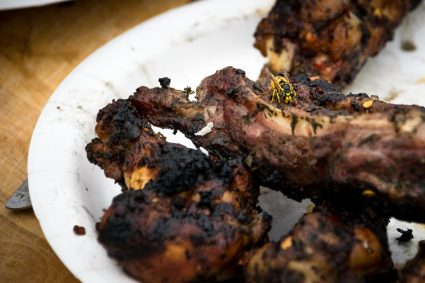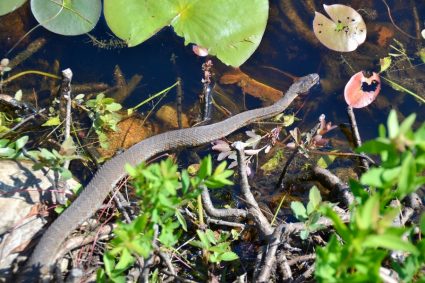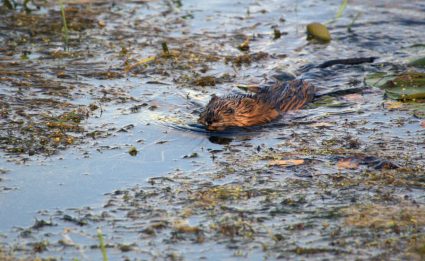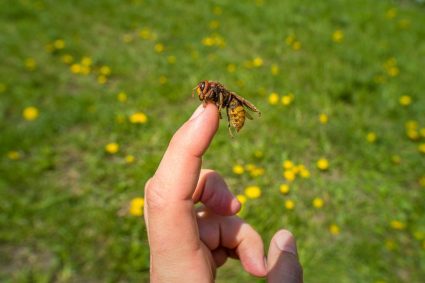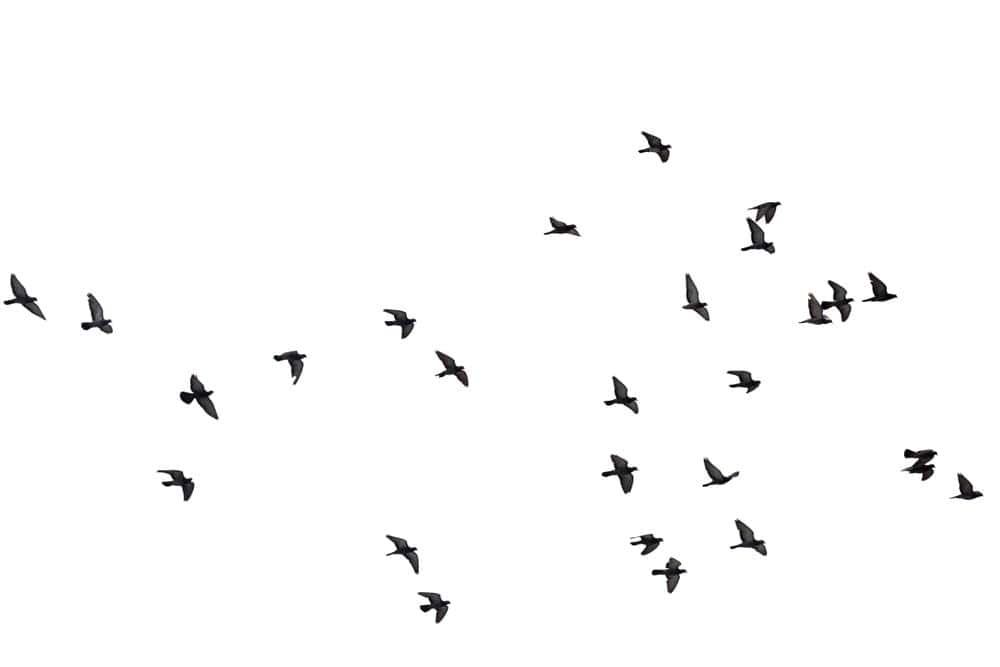
Pigeons, while often seen as urban pests, are actually fascinating creatures with distinct dietary preferences and dislikes. Understanding what pigeons hate to eat can help in managing these birds, whether to attract or deter them. Let’s dive deep into what makes pigeons turn up their beaks.
Pigeons generally dislike foods such as peanuts in the shell, suet, mealworms, wheat-free food, nyjer seed, suet balls, and sunflower hearts. Certain foods are not just disliked but also harmful to pigeons, including avocados, chocolate, alcohol, caffeine, onions, garlic, and salty foods. Using these dislikes, one can manage the presence of pigeons in certain areas.
Pigeon Diet Basics
In the wild, pigeons primarily consume a variety of grains, seeds, greens, berries, fruits, and occasionally insects, snails, and earthworms. However, in urban areas, pigeons have adapted to rely on human food waste and can eat a wide range of foods. Despite this adaptability, there are certain foods that pigeons dislike and even some that are harmful to them.
Foods Pigeons Dislike
Pigeons generally dislike certain foods, such as peanuts in the shell, suet, and mealworms. They’re also not fond of wheat-free food, nyjer seed, suet balls, and sunflower hearts. Using smaller feeders or those with smaller perches can also deter pigeons, as they can’t get the food easily.
Foods Harmful to Pigeons
Some foods are not just disliked by pigeons but are also harmful or potentially lethal to them. These include avocados, chocolate, alcohol, caffeine, onions, garlic, and salty foods. Avocados and chocolate contain toxic substances that can cause various health issues in pigeons, including respiratory distress, heart failure, vomiting, diarrhea, seizures, and even death. Alcohol and caffeine can lead to poisoning, disorientation, hyperactivity, heart palpitations, and death. Onions and garlic contain thiosulphate, which can cause anemia and damage red blood cells in pigeons. Excessive salt intake can lead to dehydration, kidney failure, and death.
Pigeon Food Preferences
Pigeons’ food preferences can change depending on their geographical location, mainly due to the availability of food sources in different environments. Urban pigeons often rely on waste foods and volunteer foods, such as peas and popcorn. However, the human-based diet of urban pigeons can cause their excreta to be more acidic than that of their wild counterparts, potentially leading to building damage and health impacts on humans.
Deterrence Strategies
To deter pigeons from certain areas, you can use their food dislikes to your advantage. Sprinkle crushed red pepper or other strong-smelling spices in areas where pigeons tend to congregate. You can also create a spray solution by mixing hot sauce or spices with water and spraying it around your yard or the affected areas. Use garlic and onion as deterrents, invest in pigeon-proof bird feeders, and use bird repellent gels on surfaces where pigeons often land.
Conclusion
Understanding what pigeons hate to eat can be a powerful tool in managing these birds. Whether you want to deter them from your property or ensure they have a healthy diet, knowing what foods to avoid is key. Remember, a well-rounded and varied diet is essential for pigeons to maintain their overall health and wellbeing.
In the end, it’s about creating a balance that respects both the needs of the pigeons and the needs of the urban environment in which they live. By using their food dislikes to our advantage, we can help create a more harmonious co-existence between humans and pigeons.
Frequently Asked Questions
Are bread and rice harmful to pigeons?
Despite popular belief, bread and rice are not directly harmful to pigeons. However, they are considered ’empty calories’ and do not provide the nutrients necessary for a pigeon’s health. Feeding them large amounts of bread and rice can lead to malnutrition over time.
Can pigeons eat pet food?
Pigeons can eat pet food in small quantities. However, pet food is not ideal for pigeons as it is often high in proteins and fats that are too rich for a pigeon’s digestive system.
What are some safe foods to feed pigeons?
Safe foods for pigeons include peas, corn, barley, lettuce, grapes, and apples. Remember to always offer food in small pieces to prevent choking.
Why do pigeons peck at windows or mirrors?
Pigeons may peck at windows or mirrors because they see their reflection and think it’s another pigeon, either as a potential mate or a rival. This behavior is more common during the breeding season.
Are pigeons protected by law?
In many areas, pigeons are protected by local wildlife laws, which means it is illegal to harm or kill them without a permit. Always check your local regulations before taking any action against pigeons.

